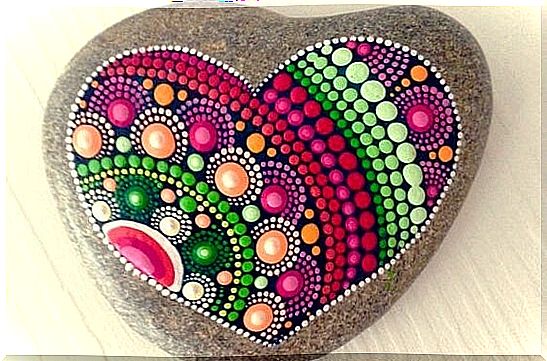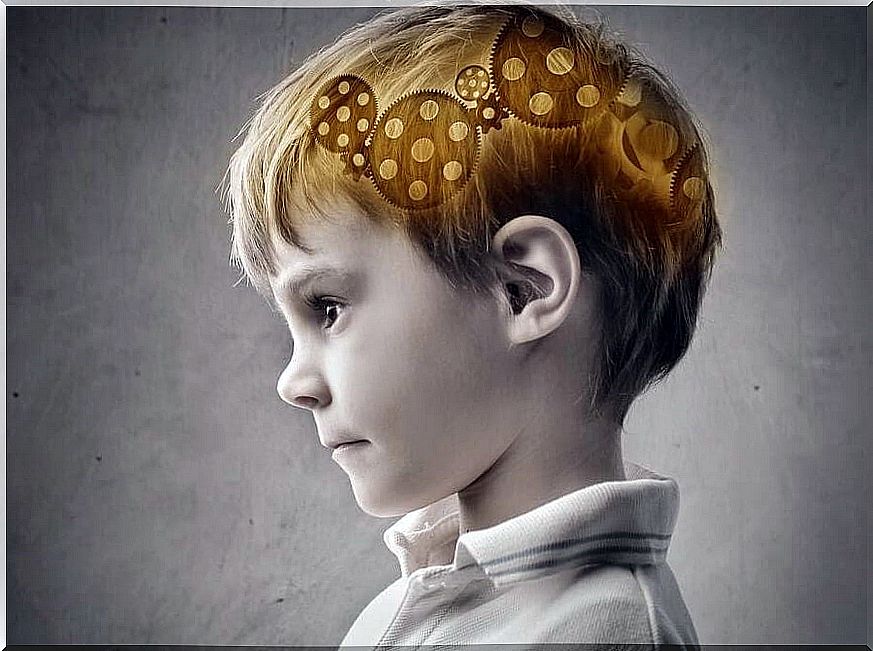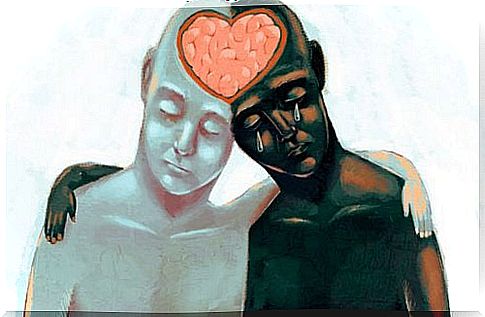The 5 Components Of Emotional Intelligence

The components of Emotional Intelligence are five psychic arteries, five values that offer us greater potential, security and self-knowledge to successfully manage the complexities of day to day. Daniel Goleman reminds us that we all carry an “emotional genius” within that must be “unlocked”, which must be given wings and tools to achieve well-being.
To this day, there are very few people who have not yet heard of Emotional Intelligence. However, we could say almost without mistake that sometimes, there are those who limit themselves to making use of mere labels without yet understanding the practice, without grasping the true essence of this and many other psychological and personal growth approaches.
Practicing true Emotional Intelligence requires will, knowledge, and openness. It is not enough to read a book or take a course, it is necessary to be proactive, know and promote, feel and offer, understand and generate … Only in this way will we shape more empathetic, sensitive, creative and emotionally skilled environments.
To achieve this, it is essential to master the five components that make up Emotional Intelligence. In this way, we will gradually find that perfect balance between the mind that feels and the mind that thinks. And furthermore, we will become good managers of our emotional universes, thereby improving the quality of our relationships and professional aspirations.

The 5 components of Emotional Intelligence
Emotional Intelligence is not synonymous with happiness, it is not calm, nor is it optimism. We say this for a very clear reason: there are those who have a somewhat wrong idea about this type of science of emotions. Mastering this area of psychology will not instantly guarantee success in life or make us “smarter” or happier.
What Emotional Intelligence offers us are tools and skills with which to better resolve the complexities of our social contexts. It is a channel of self-knowledge and a transformative quality. Working on emotions daily and doing it well will allow us to be more solvent in the field of personal growth. So let’s see what keys make it up.
1. Self-control
When a child is 4 or 5 years old, there is an area that they have a hard time mastering: self-control. He will often become frustrated, unable to put off gratification, or hide his anger when his brother takes the largest slice of pizza or accidentally breaks a toy.
Younger children exhibit these behaviors because the areas of the brain related to impulse control and emotions are not yet fully mature. It is around 7 years when this type of behavior begins to settle with solvency, as long as they also guide us in this ability.
Thus, it is important to bear in mind that self-control is one of the most important components of Emotional Intelligence. Self-regulation, thinking before speaking or acting, the ability to reflect as well as the ability to control our impulses are key to being more emotionally skilled.

2. Self-knowledge
Mark Twain used to say that helping a person get what they want can be easy, but the problem is that almost no one in this world knows exactly what they want. It is an irony, it is true, but few things are as complex as getting to know ourselves in depth and then being able to act accordingly.
Even more, if it is difficult to be clear about our priorities at all times, it is more difficult to be aware of our emotions. Sometimes a certain emotional state conditions our behavior, our thoughts and our mood. Being aware of this, knowing what hurts us, where it hurts and the reason for that suffering, annoyance or contradiction will allow us to put into practice an adequate emotional regulation and be much more competent in matters of Emotional Intelligence.
3. Self-motivation
Intrinsic motivation is the best engine for the mind and heart. It is the source of personal improvement and positive energy capable of giving us encouragement even when what surrounds us or what comes to us is not satisfactory.
The motivation that you dedicate yourself urges you to be better every day, to focus on what is important in order to deploy better resources and adequate emotions to achieve the objectives that you propose.
4. Empathy
Empathy is another of the most important components of Emotional Intelligence. It is that link with which to improve relationships with others, that channel with which to connect with who we have in front of but without ceasing to be us at any time.
It is important to clarify this last detail. Although we often repeat that empathizing is being able to put ourselves in the shoes of others, it should be remembered that this wonderful ability will not help us if we dilute ourselves in the other, if we limit ourselves to being only “emotional sponges”.
We must know how to read emotions, we must decipher gestures, nuances, tones of voice, but we must also maintain that wise and firm composure with which to respond accordingly, being the best help, the best facilitator.

5. Social skills
Social skills are the perfect gear for our personal and professional development. Thus, one of the objectives inscribed in that exceptional science that is Emotional Intelligence is to become aware that we must be “the best help” for ourselves and not our own enemies. Because yes, sometimes we are.
We are our own enemies when we are not assertive, when we do not know how to communicate, when we do not respect ourselves, when we lack patience, openness, compassion, positivity … All this and much more is what is contained in that toolbox called ” social skills ”and that we should all master.
To conclude, although at first these five components of Emotional Intelligence may seem to us differentiated areas and with a series of exclusive dynamics in which to learn to be solvent, it must be said that it is not entirely so. They are 5 pieces of a puzzle, they are 5 roots of the same tree. They are arteries that give life to that heart that lives in our brain and that ultimately allows us to feel more competent, happier.









